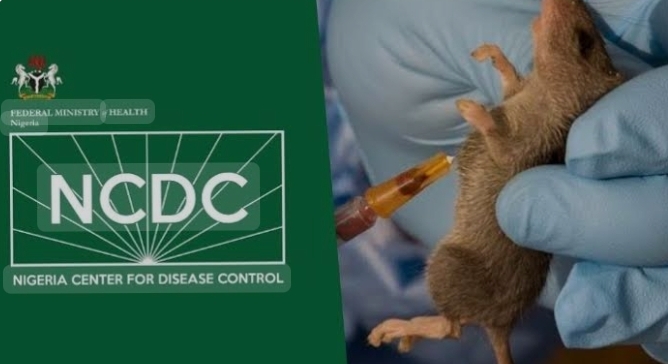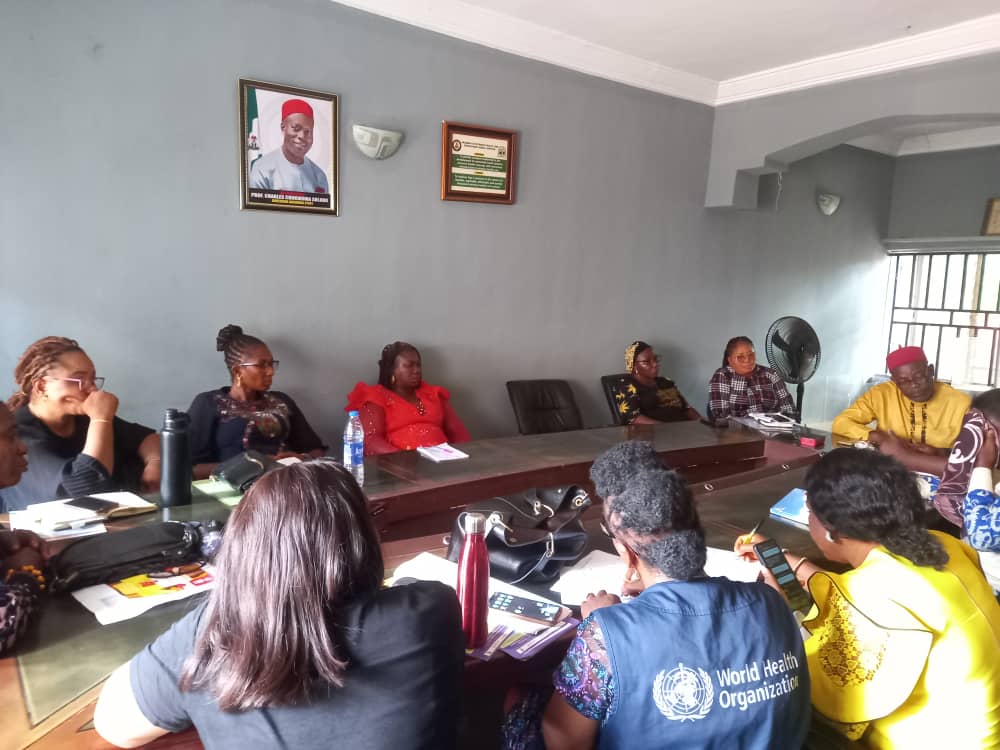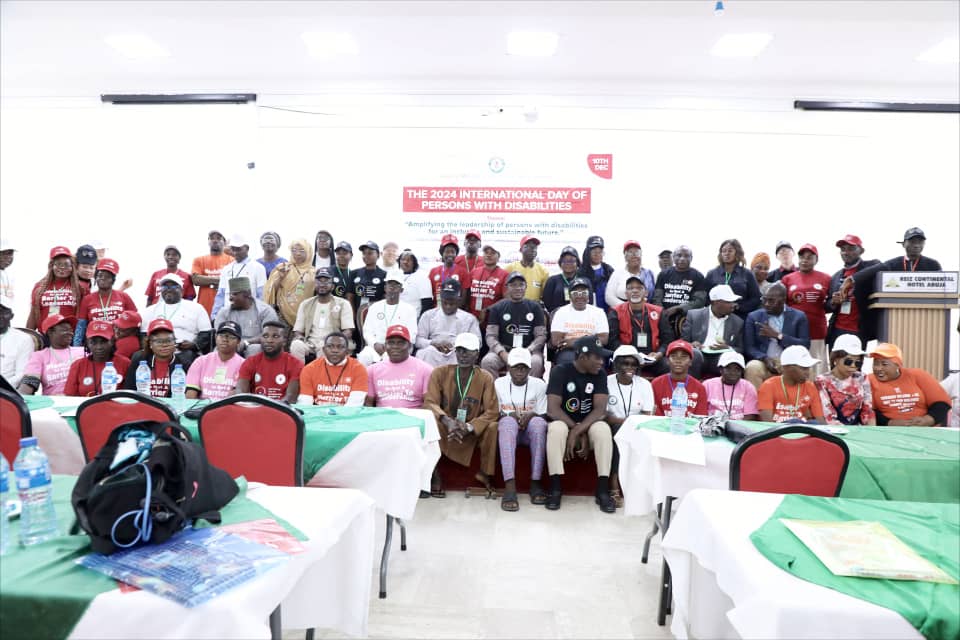
By Fatima Saka
The Nigerian Centre for Disease Control and Prevention (NCDC) has provided essential information about Lassa fever, emphasizing that it is a highly contagious virus.
Dr. Jide Idris, the Director General of the NCDC, recently detailed the causes and preventive measures regarding the Lassa fever virus.
Causes
Lassa fever is an acute viral hemorrhagic illness caused by the Lassa virus. This virus is primarily transmitted to humans through exposure to food or household items contaminated with the urine or feces of infected Mastomys rats (commonly known as multimammate or African rats). Human-to-human transmission can also occur through direct contact with the bodily fluids of an infected person.
Symptoms
Individuals infected with Lassa fever typically present with symptoms such as fever, fatigue, weakness, and general malaise. These initial symptoms are often followed by headache, sore throat, muscle pain, chest pain, nausea, vomiting, diarrhea, cough, and abdominal pain. In severe cases, symptoms may progress to facial swelling, fluid accumulation in the lungs, bleeding from the mouth, nose, vagina, or gastrointestinal tract, and low blood pressure. Neurological complications, such as hearing loss, tremors, and encephalitis, may also occur.
Health Advice for the Public
Maintain a clean environment at all times.
Seal all holes in your home to prevent the entry of rats and other rodents.
Cover dustbins and dispose of refuse properly. Communities should establish dump sites away from residential areas to reduce the risk of rodents entering homes.
Store food items such as rice, garri, beans, and maize in tightly sealed or covered containers.
Avoid drying food items outside on the ground or roadside to prevent contamination.
Discourage bush burning, which can destroy the habitats and food sources of rodents, forcing them into human residences.
Use safe and effective methods to eliminate rats in homes and communities, such as rat traps.
Practice good personal hygiene by frequently washing hands with soap under running water or using hand sanitizers when necessary.
Visit the nearest healthcare facility if you experience any symptoms associated with Lassa fever or call the State Ministry of Health hotline and 6232 (NCDC). Early detection and treatment are critical for effective management and can save lives.
Avoid self-medication to ensure proper diagnosis and timely treatment.
Advice for Healthcare Workers
Always adhere to standard infection prevention and control practices, including the use of gloves and other appropriate personal protective equipment when handling or caring for patients.
Maintain a high index of suspicion for Lassa fever, particularly when evaluating patients with febrile illnesses.
Report all suspected Lassa fever cases to the Local Government Disease Surveillance and Notification officer to facilitate prompt diagnosis, referral, and the initiation of public health actions.
Distinct News report that this guidance aims to equip both the public and healthcare workers with essential knowledge to manage and prevent the spread of Lassa fever effectively.





